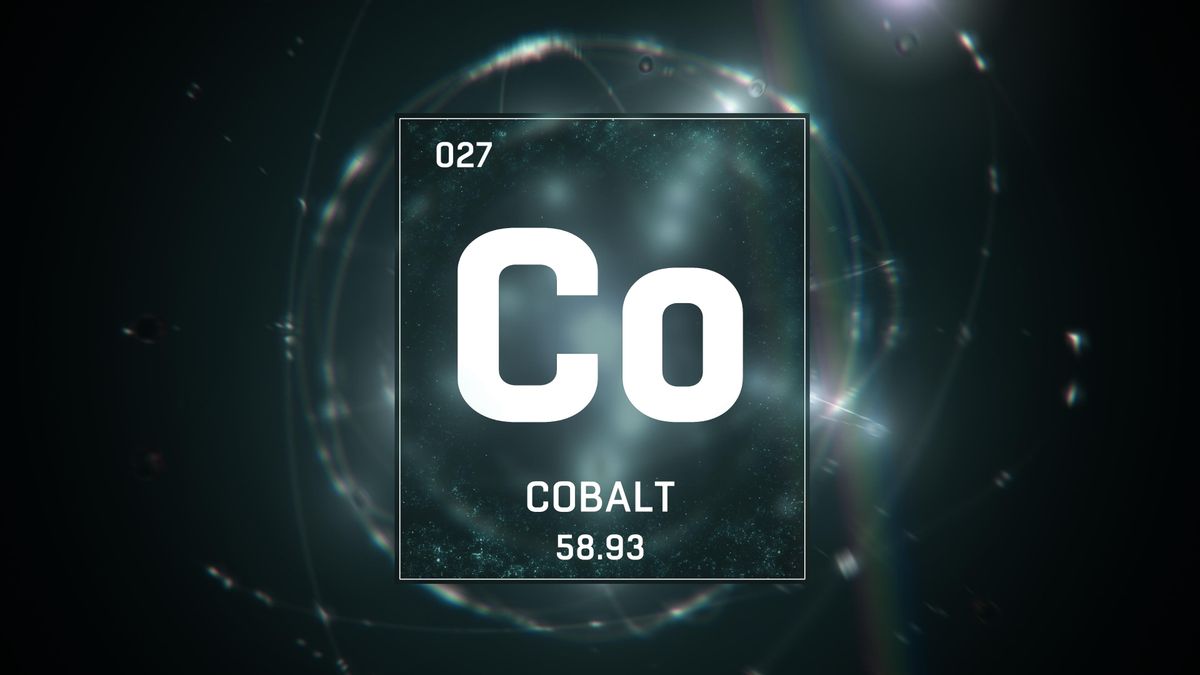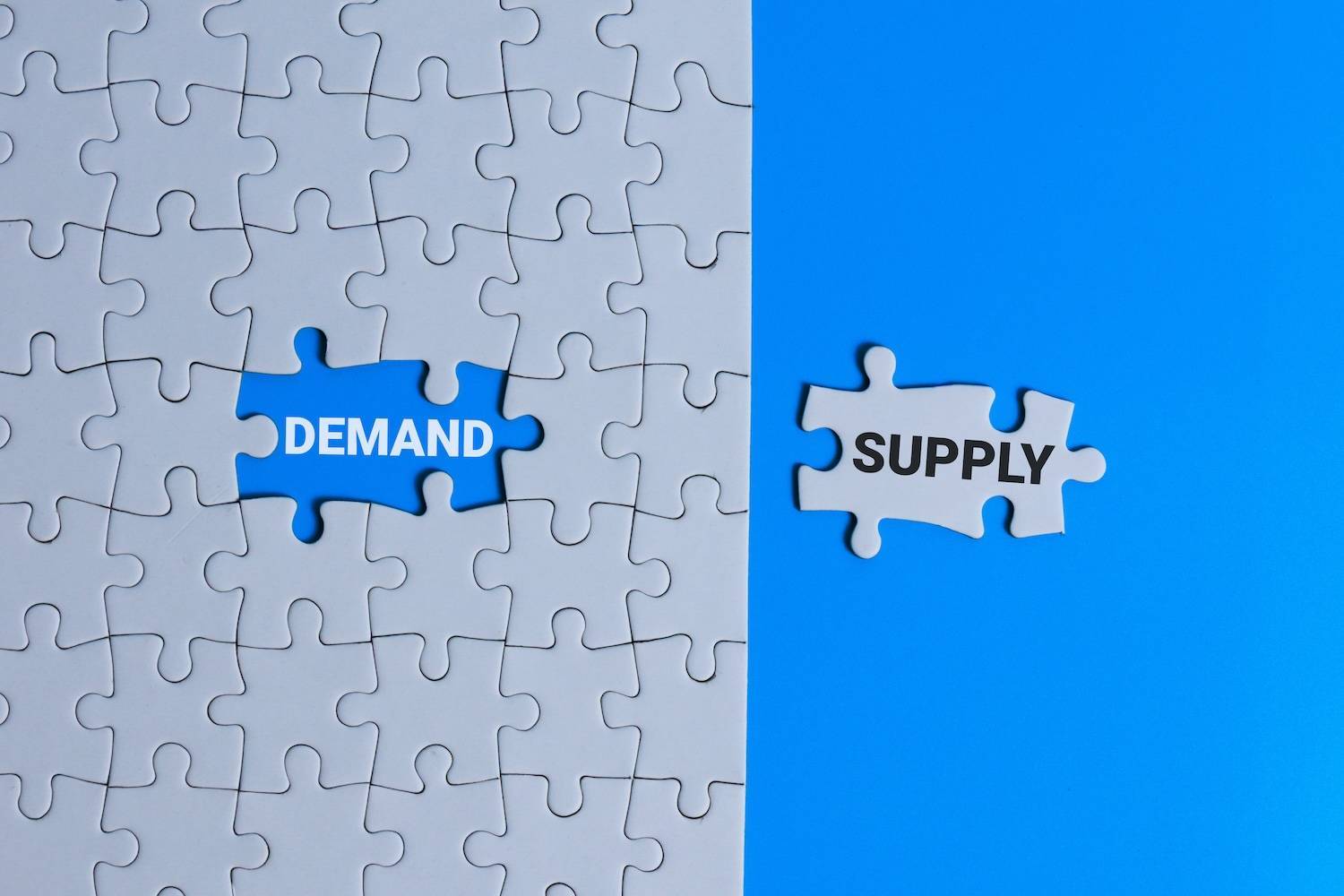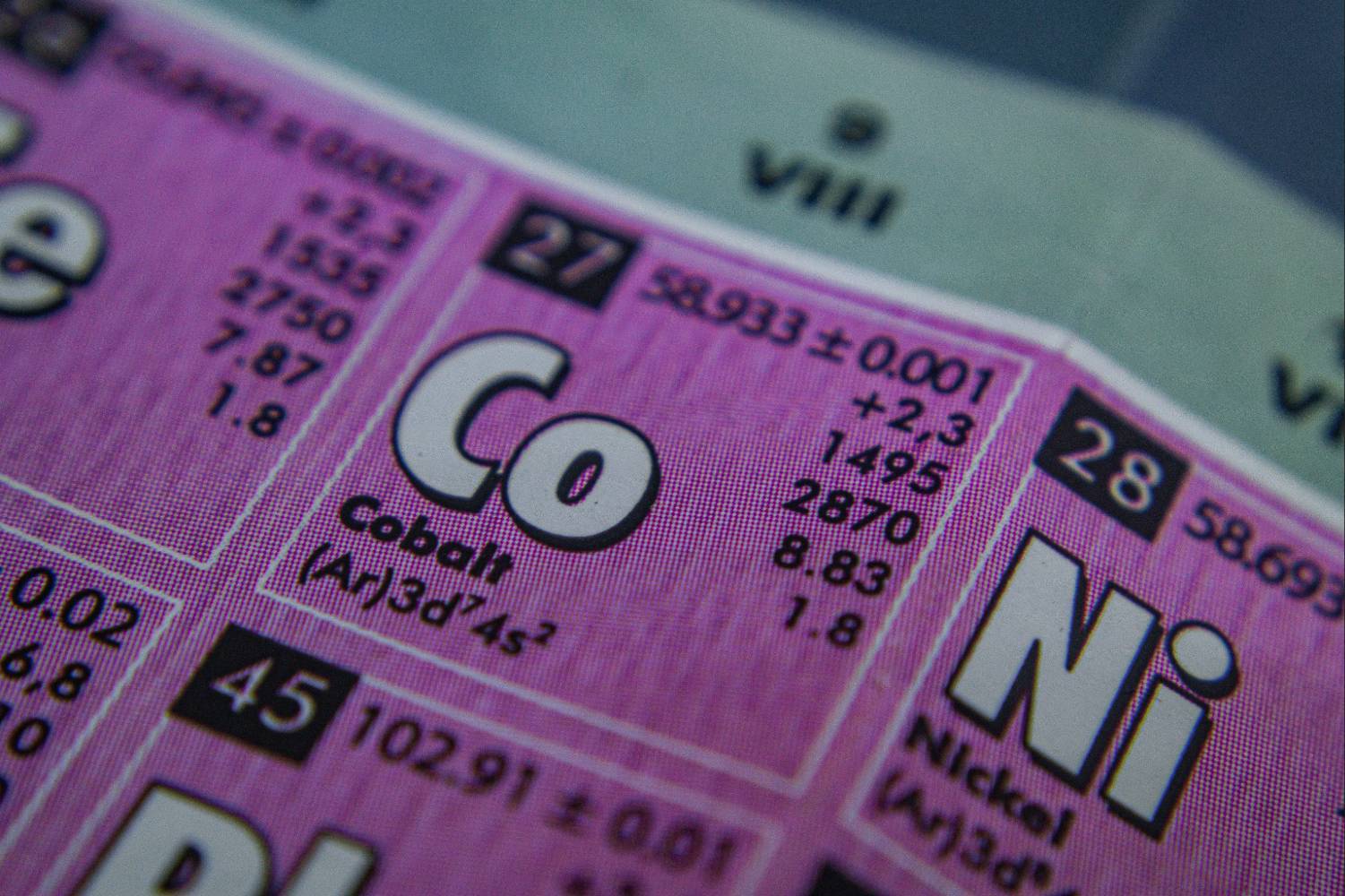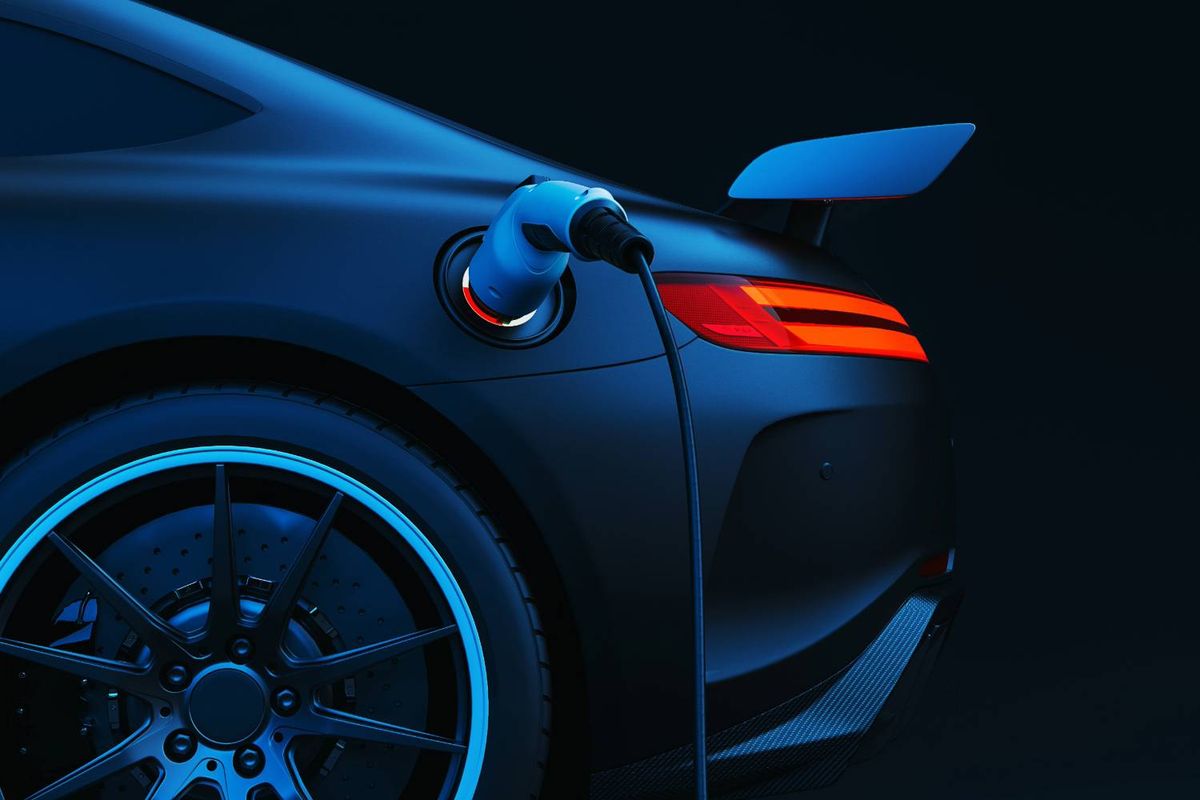Class 1 Nickel and Technologies Limited (CSE: NICOOTCQB: NICLF) (the " Company " or " Class 1 Nickel ") is pleased to announce that it has issued an aggregate of 50,000 common shares (" Shares ") and granted an aggregate of 50,000 stock options to the Matachewan First Nation (" Matachewan "), further to its previously announced memorandum of understanding with the Matachewan dated March 3, 2021 (the " MOU "). The stock options are each exercisable to acquire one Share at an exercise price of $0.87 until February 9, 2023, and vest as to 15% on the date of grant, 20% on September 3, 2021, 25% on March 3, 2022, and as to the remaining 40% on September 3, 2022, in each case provided that the MOU remains in force as of the applicable date.
About Matachewan First Nation
Matachewan First Nation is an historic northern Ontario First Nation community that has served as the traditional home for many First Nation families. It is still home to a growing community and the First Nation is actively taking part in partnering and working with the resource development industry in establishing mutually beneficial agreements. The First Nation also prides itself in being able to work with industry with a focus on protecting the environment and ecology on their traditional lands in northeastern Ontario. The community is located approximately 30 kms southeast of the town of Matachewan and about 60 km west of the City of Kirkland Lake, Ontario, Canada.
About Class 1 Nickel
Class 1 Nickel and Technologies Limited (CSE: NICO/OTCQB: NICLF) is a Mineral Resource Company focused on the development of its 100% owned Alexo-Dundonald Property, a portfolio of komatiite hosted magmatic nickel-copper-cobalt sulphide Mineral Resources located near Timmins, Ontario. The Company also owns the Somanike komatiite-hosted nickel-copper sulphide property in Quebec, which includes the famous Marbridge Nickel Mine.
For more information, please contact:
David Fitch, President
T: 011 +61 400.631.608
E: dfitch@class1nickel.com
For additional information please visit our website at www.class1nickel.com and our Twitter feed: @Class1Nickel.
Neither the Canadian Securities Exchange nor its regulation services provider has reviewed or accepted responsibility for the adequacy or accuracy of this press release.







